Commonwealth Association for Agricultural Research and Development
Meet Our Associates
CAARD team members bring outstanding expertise from both the private sector and agricultural development, along with a shared passion for creating innovative solutions to complex challenges. We believe in proximate leadership and local solutions, which is why 99% of our team members reside within the countries where we operate. United by our core values, we are a diverse team committed to making markets work for smallholder farmers.
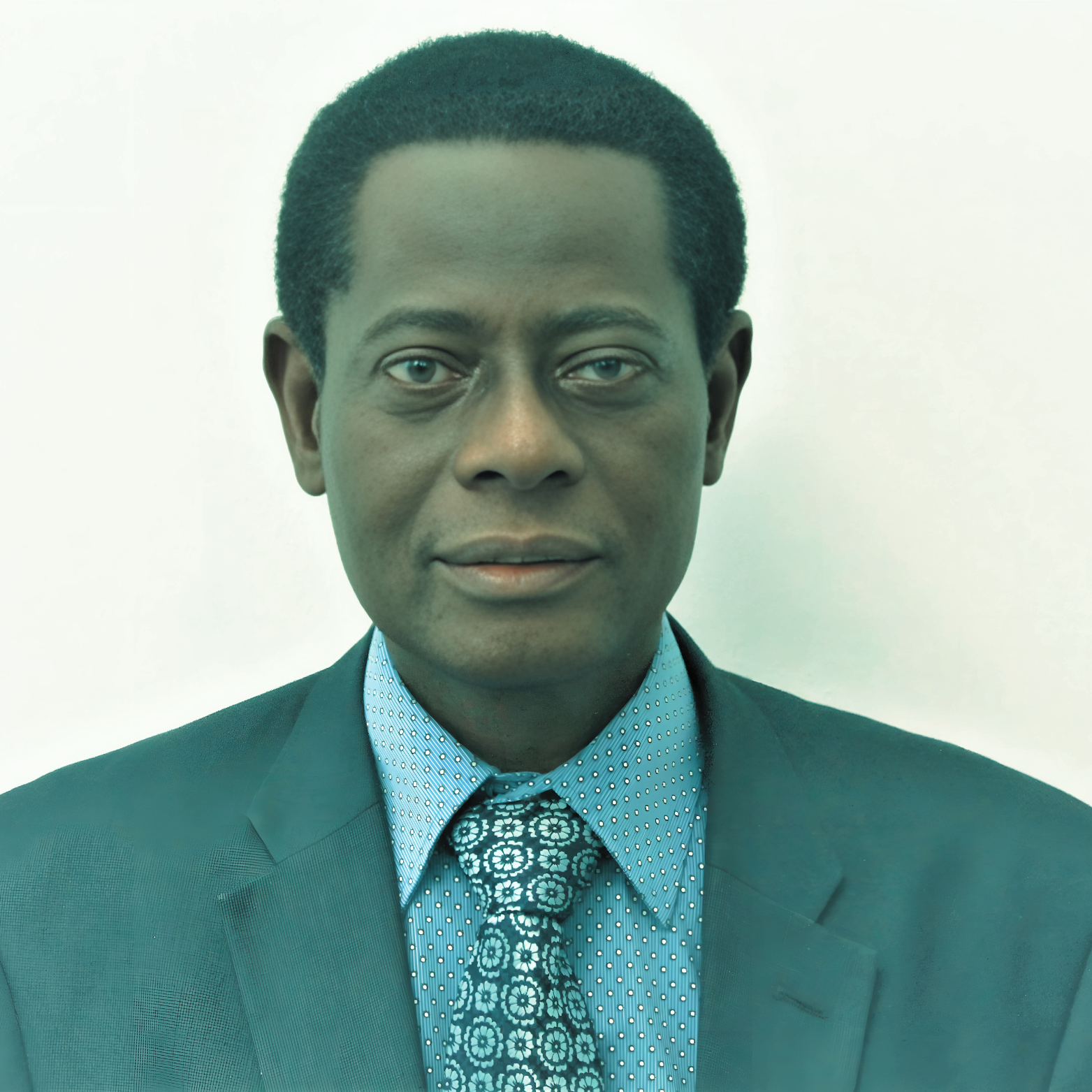
Wale Adekunle, PhD (Professor)
Professor Wale Adekunle is a distinguished expert in agricultural and rural development with extensive experience in international development. He is a renowned systems agronomist with a remarkable slant for social engineering in the agricultural sector, capacity development, digital agriculture, innovative rural agricultural finance, climate smart agriculture, and regenerative agriculture He started his career as an agricultural instructor preparing youths for a career in agricultural science and farming. He later joined a World Bank Project as a Subject Matter Specialist and later became the Zonal Manager for the project. He left the World Bank Project to become a scientist at the International Institute of Tropical Agriculture (IITA) spending two decades leading different departments and projects at both the regional and continental levels. He led the development of the Award winning Innovation Platform as an institutional innovation to better connect research with development and improve the derivation of social economic impact. He later led the Sub Saharan Africa Challenge Program of the Consultative Group on International Agricultural Research (CGIAR) where the Innovation Platform was used as the research and development infrastructure to prove the concept of Integrated Agricultural Research for Development (IAR4D). Both IAR4D and Innovation Platform Concept have been accepted worldwide. He later joined the Forum for Agricultural Research in Africa (FARA) an organ of the African Union as the Director for Partnerships and Strategic Alliances and later the Director for Research and Innovation. After FARA, he was appointed by the World Bank as the Special Adviser to the President and Government of the Gambia. In this capacity, he led partners to half hunger and poverty in the Gambia through agricultural development to win the United Nations MDG Award in 2014. From the Gambia, he joined the United Nations Food and Agricultural Organization – Global Forum for Agricultural Research through which he was able to put his footprint in different countries , across various regions of the world-Americas, Europe, Asia, Africa, Caribbean , the Pacific, Australia, and Antarctica. From the UN, he joined the Commonwealth of Learning (COL) as the Adviser – Lifelong Learning for Farmers where he led Agricultural transformation using digital agriculture, innovative agricultural financing, climate smart agriculture and regenerative agriculture across many Commonwealth countries located in different regions of the world. Professor Adekunle holds a PhD in systems Agronomy from the University of Ibadan, a B Agric, and an MSc in Agriculture from the Obafemi Awolowo University in Nigeria. He now advises governments across the world on sustainable agricultural development, has published several papers, and has won several local and international awards.,

Adesola O. Olaleye, PhD (Professor)
Professor Adesola O. Olaleye, With a distinguished career as a professor and research administrator spanning over three decades, I am a highly qualified consultant with a Ph.D. in Soil Science and expertise in Natural Resources & Environmental Management, Sustainable Agriculture, Climate Change, and Digital Soil Health and Regenerative Agriculture. My background includes over 30 years of robust research and teaching experience, marked by a deep commitment to sustainable agriculture, environmental management, and biodiversity conservation. Highly experienced Climate Change and Green Growth Consultant with expertise in digital applications for soil health and regenerative agricultural practices, in addition to environmental management, climate policy, climate finance, and sustainable agricultural science. I have demonstrated proficiency in developing and implementing climate adaptation strategies, mainstreaming climate change into development interventions, and mobilizing climate finance. With a proven track record of collaborating with multilateral development banks, public and private financial institutions, and international organizations, I excel in engaging diverse stakeholders, including senior government officials, donor governments, and regional institutions, to address climate change challenges in East, West, and Southern African countries. My work in advancing digital solutions for sustainable and regenerative agriculture demonstrates my commitment to innovative and inclusive approaches. My skill set includes strong analytical, operational, and strategic abilities, alongside extensive experience in technical support, project management, and capacity building. As an advisor to scientific boards such as the 4per1000 initiative, academic advisory boards, government entities, and organizations like the Intergovernmental Science-Policy Platform on Biodiversity and Ecosystem Services (IPBES), I am dedicated to advancing sustainable development goals. Additionally, I am a grant proposal reviewer for the Swiss National Science Foundation (SNSF), United Nations University (UNU), Tokyo, Foundation for Food & Agriculture Research (FFAR), USA, and the Unted Nations Convention to Combat Desertification (UNCCD).
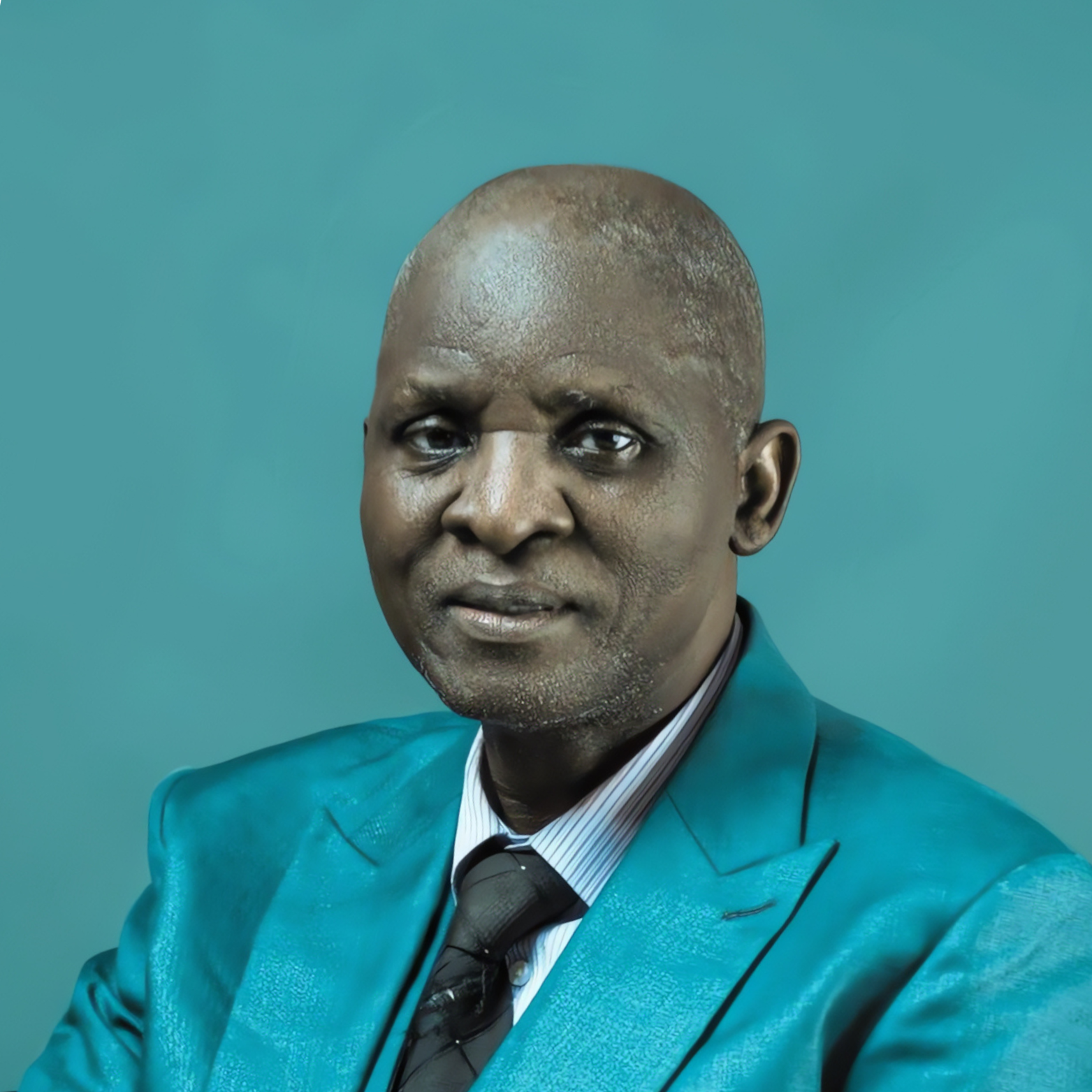
Adeolu B. Ayanwale, PhD (Professor)
Professor B. Ayanwale, a Professor of Agricultural Economics, boasts an impressive academic and professional background, including degrees and post-doctorate certificates from prestigious institutions like the Obafemi Awolowo University and Université Laval, Quebec, Canada. With over 20 years of experience in natural resource management, climate change adaptation, agriculture, and poverty-related sectors, he has led numerous donor-funded projects across Africa. Notably, he served as the Core Research Support Team Leader for the multi-country Sub-Sahara African Challenge project and promoted climate finance for agriculture through Nigeria's NDC processes. His extensive expertise includes project planning, implementation, evaluation, policy advocacy, and monitoring and evaluation frameworks. Ayanwale is affiliated with many professional bodies such as the International Association of Agricultural Economists and the Nigerian Association of Agricultural Economists. His projects have had significant impacts, including the NICANVEG project, which brought underutilized vegetables to prominence, and the MICROVEG project, which greatly increased the incomes of women and young farmers. As a family man, he enjoys indoor games, walking, and reading. He is passionate about using climate-smart and digital options to enhance agricultural productivity and support the Sustainable Development Goals by addressing the challenges facing the agricultural sector, especially for women and youth in developing countries
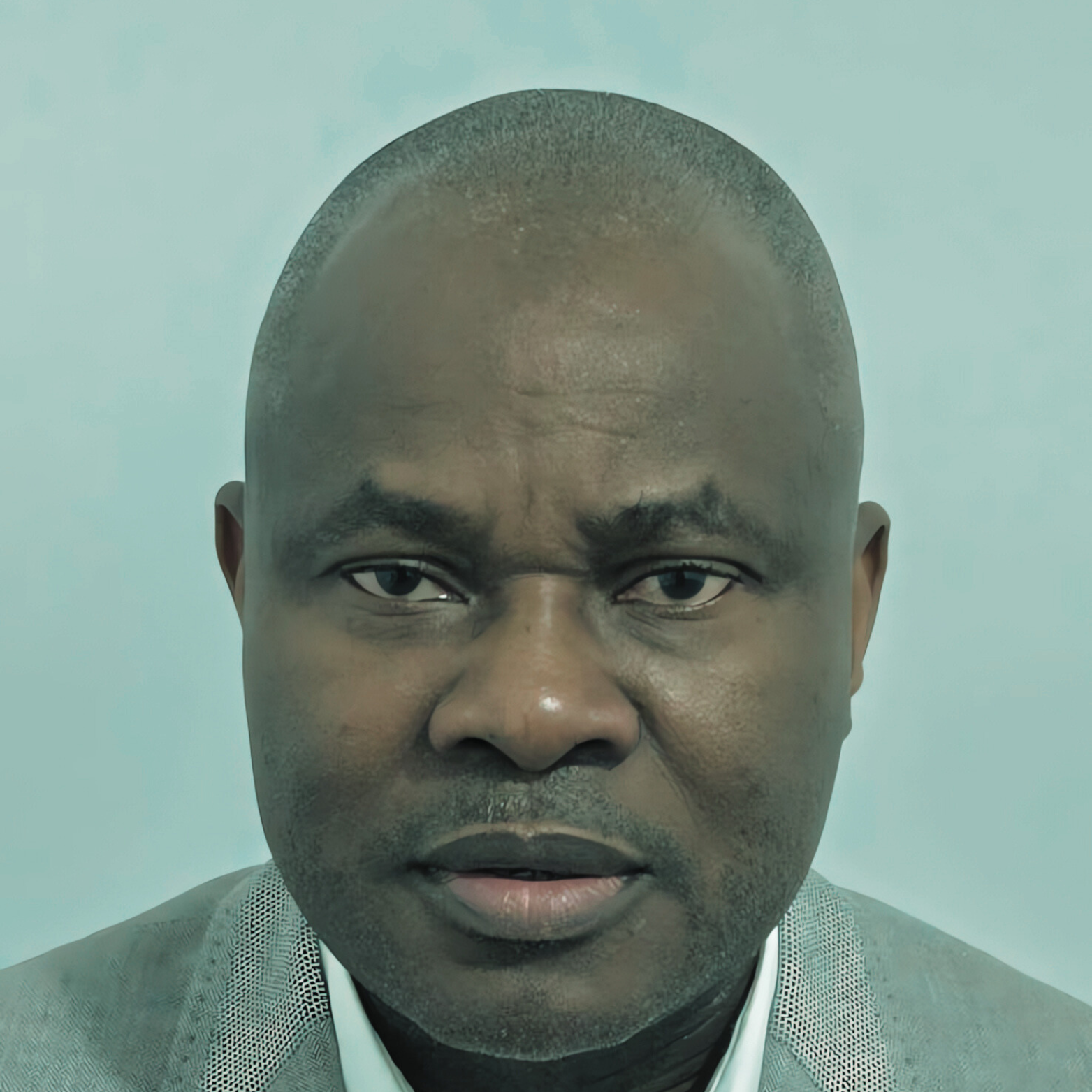
Olalekan Onilude, PhD (Professor)
Professor Onilude Olalekan, holds a PhD and a MASc in Environmental Applied Science and Management, and Postgraduate Certificates in Sustainability Management and Food Security, all from the Toronto Metropolitan University (formerly Ryerson University) Toronto, Canada. He also obtained a Graduate Diploma in Project Management - Environmental from Seneca Polytechnic, Toronto. Originally, he obtained a Master of Information Science, MSc Agricultural Economics, and BSc Agriculture from University of Ibadan Nigeria. He has more than 25 years’ experience in research, teaching, and community service in Nigeria and Canada. Olalekan was a co-lead for the World Bank STEP-B project on the centre for skill development in food processing and training of university/college students in food science and technology in Nigeria. In addition, he has some publications on agriculture and food systems, land use change and urbanization, environmental sustainability, and science and technology information.

Modupe M. Osokoya, PhD (Professor)
Professor Modupe M. Osokoya, a Professor of Science Education and Educational Evaluation at the Institute of Education, University of Ibadan, Ibadan, Nigeria. She holds a PhD and M.Ed in Educational Evaluation of the University of Ibadan; Postgraduate Diploma in Education (PGDE), also of the University of Ibadan and B.Sc (Chemistry) of University of Ife (now Obafemi Awolowo University), Ile-Ife. Modupe Osokoya taught Mathematics, Integrated Science, Chemistry and Physics at various time in secondary schools for twelve years across the Federal Capital Territory, Ogun State and Oyo State in Nigeria; before her appointment as Research Fellow II in the Institute of Education, University of Ibadan in August 2000. She was promoted a Research Professor of Science Education and Educational Evaluation in October 2017. She has served as external examiner/ assessor to Obafemi Awolowo University, Ile-Ife, University of Lagos, Akoka, Lagos, National Open University of Nigeria and University of South Africa. She has also been a visiting Senior Research Fellow in the University of Ilorin, Ilorin. She has sixty-three (63) publications in local, national and international books and journals. Professor Modupe Osokoya’s scholarly contributions are in the areas of students’ achievement in Science at all levels (with bias in Chemistry); curriculum, instructions and learning of Science; psychological factors; assessment of needs; and evaluation of educational programmes in general. She is a member of Science Teachers Association of Nigeria (STAN); Association of Education Researchers and Evaluators of Nigeria (ASREN); Teachers’ Registration Council of Nigeria (TRCN); International Society for Teacher Education (ISfTE) and American Evaluation Association (AEA). As a member of two prominent international academic associations, she has travelled wide to United States of America, Brazil, Norway, Hong Kong, Turkey, Bhutan, South Africa, Japan, and Canada for conferences and seminars. Professor Osokoya served as Consultant for International Institute for Tropical Agriculture (2004-2005), on Leventis Foundations for Agricultural Schools; Field Worker for World Bank Project on How Nigerian Children Learn (2005) and for ADF- Assisted Skills Training and Vocational Education Project (2007) and also as Consultant for Commonwealth of Learning on Evaluation of Agricultural Massive Open Online Courses (AgMOOCs) (C25-105) 2023-Date. Professor Osokoya is married to Reverend Canon Professor Isreal Olu Osokoya and the marriage is blessed with children and grandchildren.
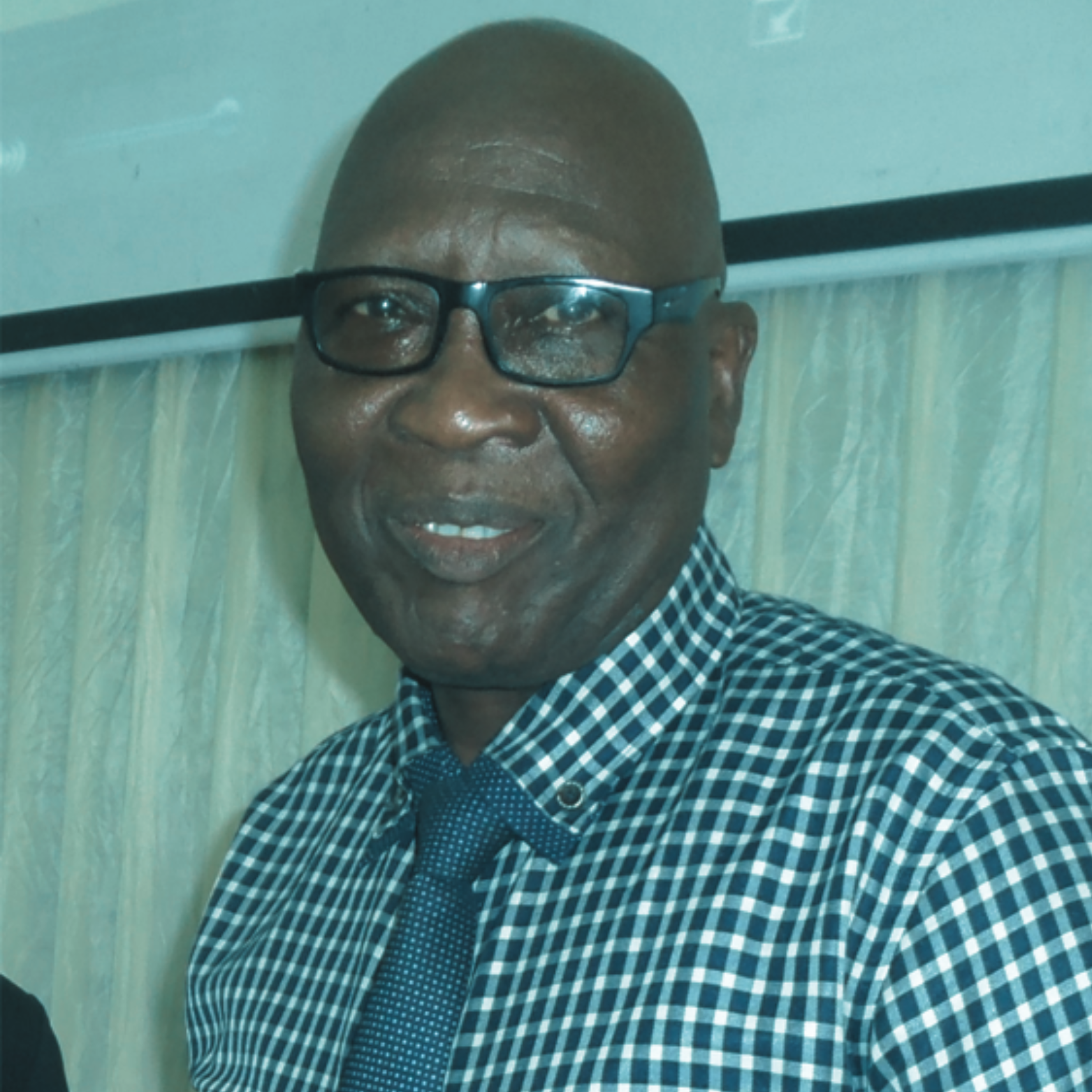
Michael Tunde Ajayi, PhD (Professor)
Professor Michael Tunde Ajayi, holds a B. Sc. Degree in Crop Science, M.Sc. Degree in Agronomy and a Ph.D. Degree in Human Resource Development and Evaluation all from the University of Ibadan, Nigeria. He also holds a certificate in Training of Trainers for Agricultural Extension and Rural Development Officers at USDA, Washington D.C., USA. He worked in public, private and international organizations. He worked as a Principal Research Officer at the Raw Materials Research and Development Council, Abuja, Nigeria. He worked at the International Institute of Tropical Agriculture (IITA), Ibadan, Nigeria for 14 years as a Research Training Specialist where he was involved in strengthening the human resource capacity of the national agricultural research systems (NARS) in sub-Saharan Africa. He worked at the Federal University of Technology, Akure as a Lecturer I at the Department of Agricultural Economics and Extension but he later joined the University of Benin as a Senior Lecturer in the Department of Agricultural Economics and Extension Services. He was later appointed as a Professor of Agricultural Administration/Extension by the Federal University of Agriculture, Abeokuta, Nigeria. Prof Ajayi is well lettered as he has to his credit over 100 publications in reputable local and foreign journals. He is a distinguished Member of Association for Agricultural Extension Society of Nigeria, Nigerian Forum for Agricultural Advisory Services, and American Society for Public Administration (ASPA). He has over 30 years’ experience in African Agricultural Research and Development contributing extensively to emerging issues in agricultural innovation and climate-smart agriculture. He has work experience in many sub-Saharan African countries. Prof Ajayi has extensive experience in carrying out consultancy activities as he has consulted for the Food and Agriculture organization of the United Nations (FAO), African Development Bank, Forum for Agricultural Research in Africa (FARA), Former Technical Centre for Agricultural and Rural Cooperation (CTA), Wageningen, Netherlands, Alliance for Green Revolution in Africa (AGRA), Natural Resources Institute of University of Greenwich, UK, Regional Universities Forum for Capacity Building in Agriculture (RUFORUM), The Centre for Coordination of Agricultural Research and Development for Southern Africa (CCARDESA), Council for Agricultural Research and Development in West and Central Africa (CORAF/WECARD), Association for Strengthening Agricultural Research in Eastern and Central Africa (ASARECA), IITA and The Sustainable Trade Initiative (IDH), Netherlands to mention a few.
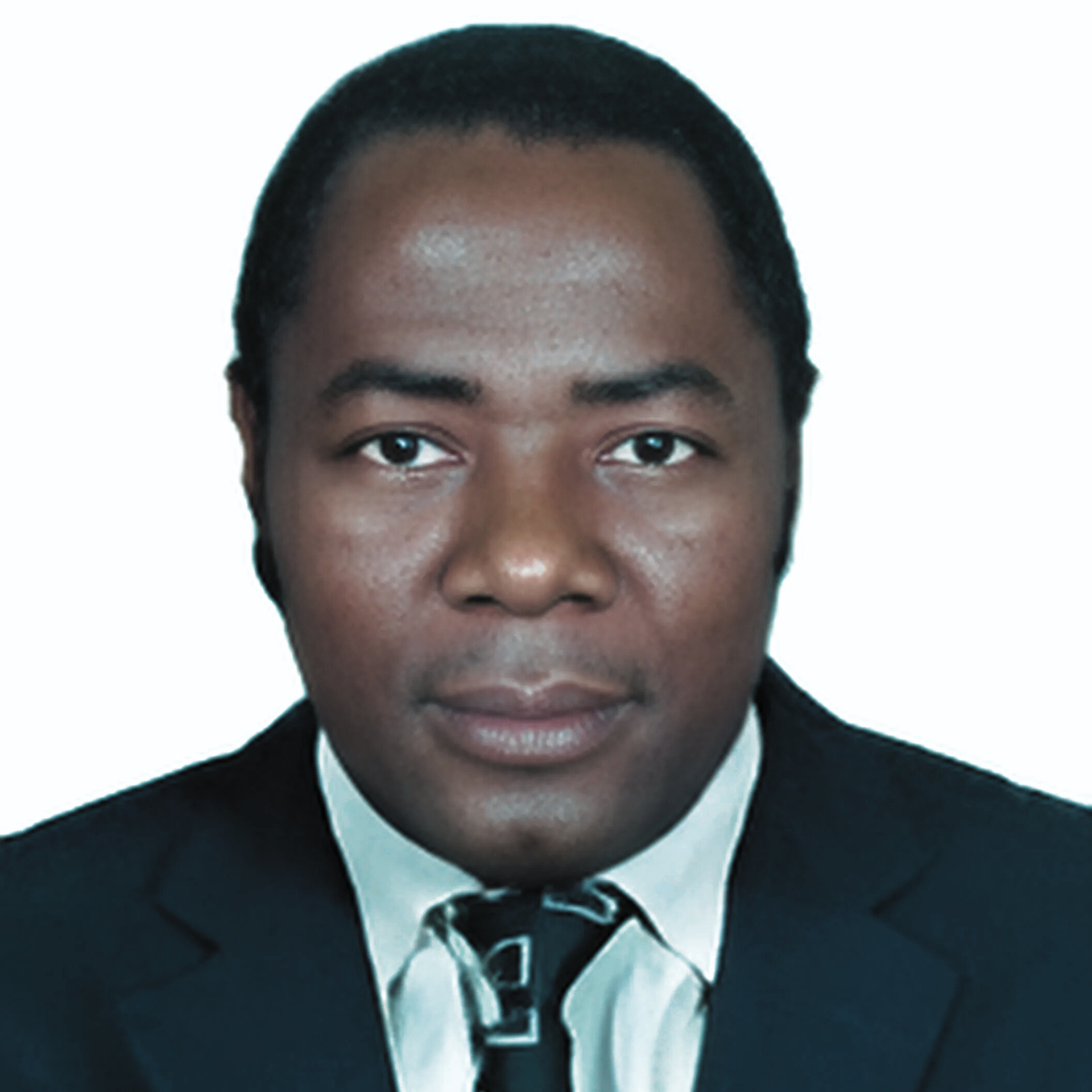
Tenywa M. Moses, PhD (Professor)
Professor Tenywa M. Moses, holds a PhD in soil and water management from The Ohio State University, Columbus, Ohio, USA and a former Professor at Makerere University is currently the Head, Postgraduate studies Lusaka Environmental University (LEHU). Also served as Education Specialist; Agriculture and livelihoods at the Commonwealth of Learning (COL). Work experience in training, research, and community engagement to improve livelihoods of smallholder farmers by fighting land degradation through implementing holistic programmes (e.g., Integrated Watershed management, Lifelong Learning for Farmers (L3F) for strengthening social, human, market and financial capitals, adaptive capacities and resilience through gender-sensitive soil and water conservation technologies using ICT and Participatory Action Research approaches). Currently, focused on Integrated Animal, Human and Environmental One Health concept. Other trainings: Certificate in Multiple Modeling, ICRISAT Hyerabad, India; Crop Weather Modeling, WMO Regional Meteorology Training center for Postgraduate Training in applied meteorology, Bet-Dagan, Israel; Irrigation and Soil Management, Institute of Soils and Water, Volcani Centre, Bet Dagan-Israel. Advanced International Certificate; College on Soil Physics held at the International Centre for Theoretical Physics (ICTP), Trieste, Italy and International Course on Land Drainage held at the International Institute of Land Reclamation and Improvement (ILRI), Wageningen, The Netherlands. Collaborative work: Implemented COL Lifelong Learning for Farmers (L3F) since 2009, the FARA Sub-saharan Africa Challenge Program SSA-CP Proof of Integrated Agricultural Research for Development (IAR4D) concept in in Uganda, Rwanda, and DRC. Other projects include Erosion studies, Water balance, Landuse, Crop residues, combining indigenous and scientific knowledge, strengthening university capacity for rural innovations and student centered facilitated learning. Consultancies: Climate Change Action consultancies supported by Global Environment Fund through UNDP, Conservation International & CGIAR-CCAFS, IFAD Consultancy to conduct the Zambia Rural Finance Expansion Programme (RUFEP) Completion Review (PCR). Commonwealth of Learning Consultancy held 28-30th January, 2019: facilitated a training workshop on “Integrating Open and Distance learning into Non-Formal Education Programmes” in Gaborone, Botswana. Student supervision: supervised over 10 PhD and over 25 MSc. with over 50 publications in International referred journals. Currently supervising seven (7) Doctor of Public Health candidates. International bodies: Serving on several international editorial boards including Journal of Soil and Tillage Research and Member Editorial Advisory Board of the Encyclopedia of Soil Science. Policy lobby: 2018 Ugandan Parliamentarians engage with academia to discuss lifelong learning for farmers; 2014 International development community meeting in Brussels to discuss rural development for African, Caribbean and Pacific (ACP) Briefing: Climate change, agriculture and food security. Awards: 2006 I@Mak.com Award of excellence leading the team that invented a Soil Test Kit 2012 Certificate of recognition for winning the first African College prize for effectively implementing Sub-Saharan Africa Challenge “Proof of Integrated Agricultural Research for Development-IAR4D” Programme. 2019-21 Honorary Commonwealth of Learning Adviser.
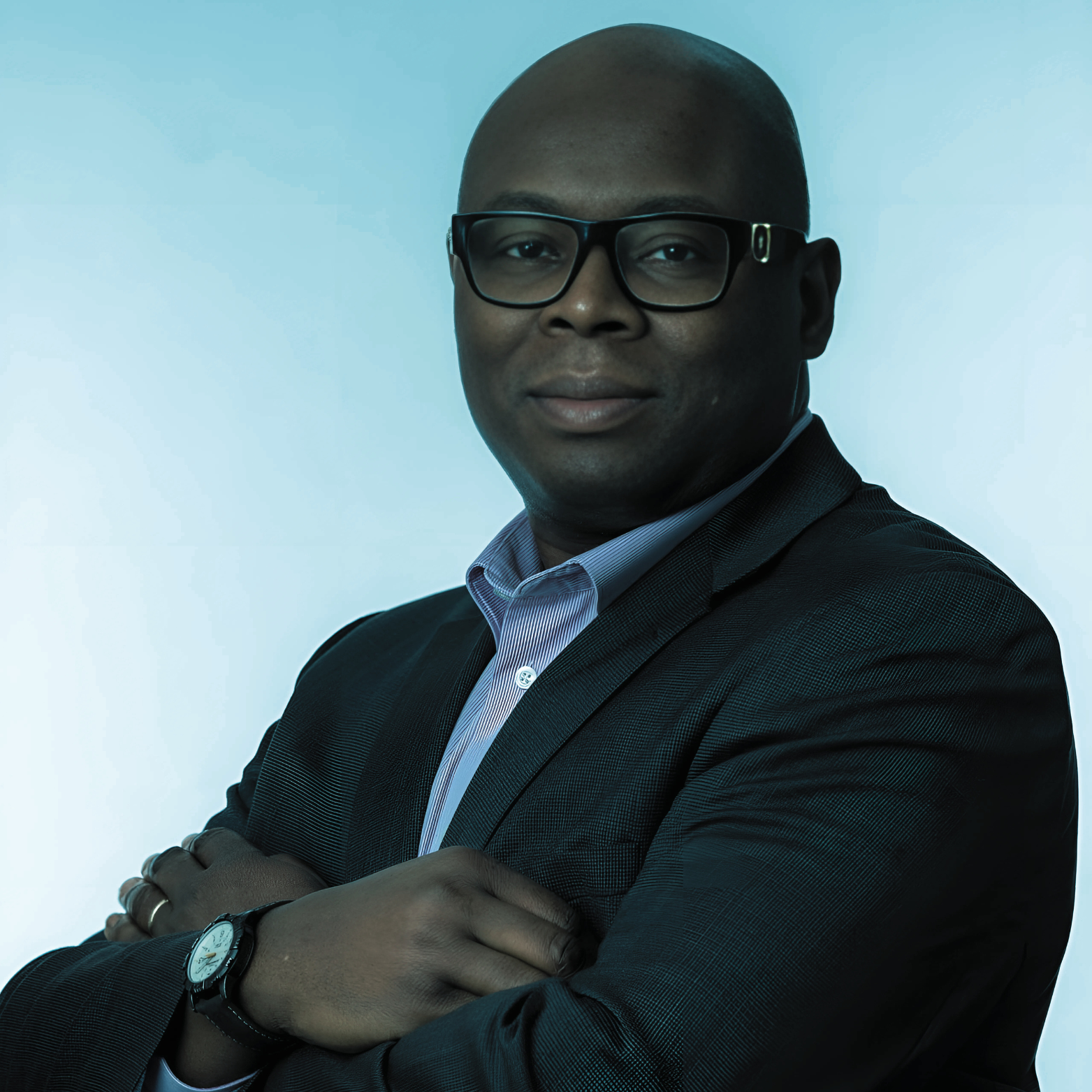
Dr. David Odigie
Dr. David Odigie is an authentic transformational leader, strategic collaborator, passionate, proactive, committed, culturally intelligent and performance-driven professional with 20+ years’ progressive leadership experience in portfolio/program/project management, strategy development, stakeholders’ engagement, global risk management, partnership development, training & development with special blend of knowledge, skills and competencies and proven ability to manage high profile programs/projects with global stakeholders. Strong work ethic, driven, dependable, responsible, and enthusiastic leader skilled in managing complex programs in a multi-jurisdictional business environment including providing strategic direction and leadership to the development and implementation of transformational programs. David has effective communications, strategic visioning, planning and interpersonal skills with the ability to interact professionally with people from diverse backgrounds and at all levels of the organization. David’s experience includes leading Commercial Services, Access to Finance, Micro Capacity Building & Partnerships Development in the USAID/MARKETS Intervention in Nigeria. He participated in various IFAD and World Bank projects across Africa. He is a Global Project Management Institute Authorized Training Partner (ATP) and CB-PMO Global Master Trainer delivering best in class training in project, program, portfolio, risk, PMO and agile management across the world. He is passionate about building mutually beneficial partnerships while helping our communities to prosper. David is an enterprise athlete helping build capabilities across different areas. He is very engaged in the Communities in Canada working with Immigrants to support their smooth transition into a new Country. He sits on various boards including the IT Connections Board of Access Employment, volunteers with TRIEC, and other agencies helping to build stronger communities. He has won many awards including recipient of RBC/Free the Children first Global Citizens Award, recognized and awarded amongst 20 recipients across Royal Bank of Canada as global Ambassador, the Black Canadian Award by Diversity Advancement Network and Royal Bank of Canada Convention Award winner. David Odigie holds a D.CLM, MBA and multiple global certifications including CRISC, CGEIT, ITIL, PRINCE2, MoV, PMI-ATP, AH-MC, IIBA-CPOA, CB-PMO, PMP, PgMP, PfMP, P3O, IIBA-CBAP, CSM, PMI-ACP, PMI-RMP, PSM, and CSM. Area of Specialties: Portfolio, Program & Project Management, Business Analysis, Partnership Development, Client Relationship Management, Superior Customer Service, Strategic Business Development, Risk Management, Agile Practice, Research & Analysis, Process Improvement, Marketing and Sales, Vendor Management, Requirement Elicitation and Analysis, Project Coordination and Change Management.
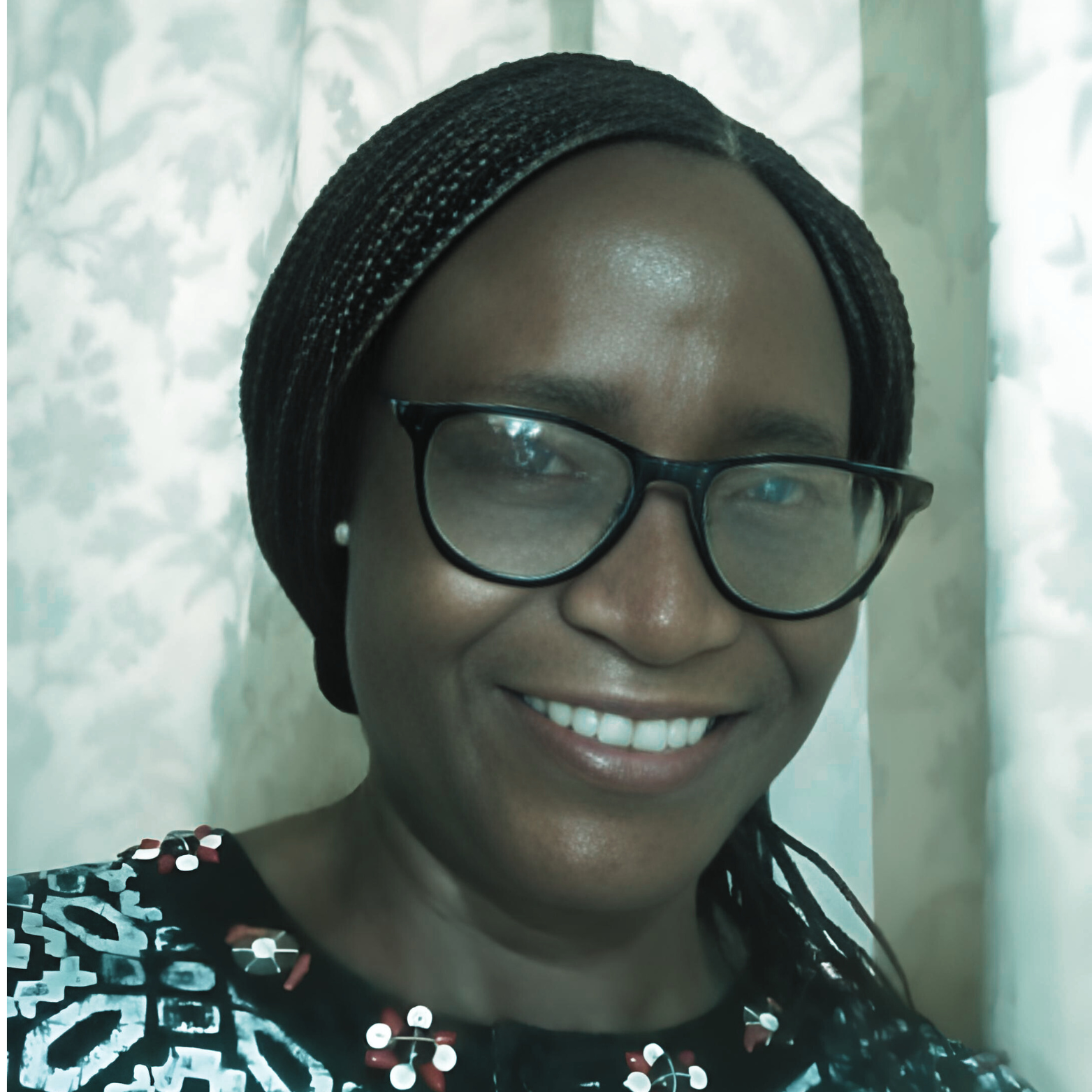
Folajogun V. Falaye, PhD (Professor.)
Folajogun Veronica Falaye, a Professor of Educational Research and Evaluation, received her master’s and doctorate degrees in Educational Evaluation from the University of Ibadan, Nigeria. She has over 40 years of teaching, research and evaluation experience at secondary, higher education institutions and non-governmental organisations. She has been involved in the evaluation of projects and consultancies for national and international agencies. Also, she was actively involved in the Monitoring of Learning Achievement; National Assessment of Educational Performance; Baseline Study and Gap Analysis of Nigeria’s technical colleges covering instructors and the labour market. In addition, she evaluated the effectiveness of Peer Education on Knowledge of Reproductive Health and HIV/AIDS among undergraduates in South-west, Nigeria, among others. Her areas of research interest include assessment of student achievement, needs assessment, monitoring and evaluation, and evaluation of programme’s impact using mixed methods. Presently, she is the coordinator of the Postgraduate Diploma in Monitoring and Evaluation at the Institute of Education, University of Ibadan. Professor Falaye is a Fulbright Scholar and a recipient of the Federal Government of Nigeria Scholarship, British Council TCT Training Award, Mac Arthur Foundation Award, Mac Arthur Re-entry Grant, and TETFUND Award. She is also a member of many professional and scientific societies. University Education (with dates) 1) University of Ibadan 1977-1980 2) Ahmadu Bello University, Zaria 1981-1983 3) University of Ibadan 1988-1990 4) University of Ibadan 1991-1995 5) University of Ibadan 1996-1998 Academic Qualifications (with dates) 1) B.Sc. (Hons.) Geography, University of Ibadan, Ibadan. 1980 2) M.Sc. Urban & Regional Planning, Ahmadu Bello University, Zaria. 1983 3) M.Ed. Educational Evaluation, University of Ibadan, Ibadan. 1990 4) Ph. D Educational Evaluation, University of Ibadan, Ibadan. 1995 Selected Professional Qualifications/Training (with date) 1) Participatory Learning for Action (PLA) Training of Trainers: Population Concern, London, U.K 1998. 2) Project Design Training: Network on Ethics, Law, HIV/AIDS – Prevention, Support and Care & International HIV/ AIDS Alliance, UK. 26-30 May, 2002. 3) Report Writing Workshop on Monitoring of Learning Achievement (MLA) Studies. UNICEF, 11- 17 December 2003. 4) Project Monitoring, Evaluation and Impact Assessment, Graduate School of Education, University of Pennsylvania, Philadelphia, U.S.A. 2004. 5) Data Collection, Management and Analysis in Academic Research. University of Ibadan. U.I Conference Centre. 23- 24, April 2008. 6) Training of Trainers on Writing Wining Research proposals. Pan – African University, Lagos, 16 - 17 March, 2010. Selected Publications (with date) 1) Falaye, F.V. and Abe, C.V. (2003). ‘Expanding the Frontiers of Adolescent Reproductive Health Programming in Nigeria. Evaluation Report 2) Makoju, G.A; Falayajo, W.; Ayodele, S.O.; Obaitan, G. N.; Akinsola, W.; Falaye, F.V.; Adewale, G.; Onugha, D.C. (2005). Monitoring of Learning Achievement Project 2003. National Report. 3) Ojerinde, D.; Okpala, P.; Isiugo-Abanihe, I.M.; Nweke, A., Falaye, F.V.; Adewale, G.; Okwilagwe E.A.; Onuka, A.U., Adegoke, B.A. (2006). National Assessment of Educational Performance (NAEP). National Report, NECO/Institute of Education. University of Ibadan, Ibadan. 4) Falaye, F.V (2006). Repositioning Family Planning in Nigeria: Status of Implementation of Action Plan. Federal Ministry of Health/Management Strategies for Africa, Abuja, Nigeria. Evaluation Report. 5) Araromi, M., Emeke, E.A., Yoloye, T.W., Isiugo-Abanihe, I., Falaye, F.V., Adewale, G., Adegoke, B.A., Aleburu, J. (2009). ADF-Assisted Skills Training and Vocational Education Project on the Baseline Study and Participatory Rapid Assessment covering Gender, Teacher/Instructor Gap Analysis, Labour Market and Informal Sector Profiles in Nigeria. Final Report. 6) Falaye, F.V. (2010). Effectiveness of Peer Education on Knowledge of Reproductive Health, HIV/AIDS and HIV Prevention among Undergraduates in South west, Nigeria. Final Report, Mac Arthur Re-entry grant. 7) Falaye, F.V., Okwilagwe, E.A., Akorede, S. F., Junaid, O. I., (2010). Training Manual on Capacity Building of School Administrators in Monitoring and Evaluation. The Lagos Eko Project. Lagos State Government/World Bank. 8) Falaye, F., V. and Sangodoyin T., T. (2021). Evaluating the Impact of Pupil and Teacher Factors in the Realization of Strengthening Mathematics and Science Education Programme in Oyo State, Nigeria. The African Journal of Behavioural and Scale Development Research Vol.3, No 1. 9) Adewale, J. G., Falaye, F. V., Metibemu, M. A., Omole, O. T., Oladele, B. K., Olaniran, N., Lawal, R. O., Akinola, O, and Kolawole, O. (2021). Assessment of Teachers’ Content and Pedagogical Knowledge. A report submitted to Louisville Girls High School, Ijebu-Itele, Ogun State after assessment of the school. 10) Adewale, J. G., Aleshin, M., Falaye, F. V., Agah, J. J., Iornienge, M. T., Orhueruata, M., Metibemu, M. A., Njidda, M. and Shuaibu, Z. (2022). Impact Assessment of Strengthening Mathematics and Science Education (SMASE) Project in Nigeria for Primary 4. A report of the Universal Basic Education Commission, Abuja 11) Adewale, J. G., Aleshin, M., Falaye, F. V., Agah, J. J., Iornienge, M. T., Orhueruata, M., Metibemu, M. A., Njidda, M. and Shuaibu, Z. (2022). Impact Assessment of Strengthening Mathematics and Science Education (SMASE) Project in Nigeria for Primary 5. A report of the Universal Basic Education Commission, Abuja. Folajogun V. Falaye, (Ph.D.) FAAN